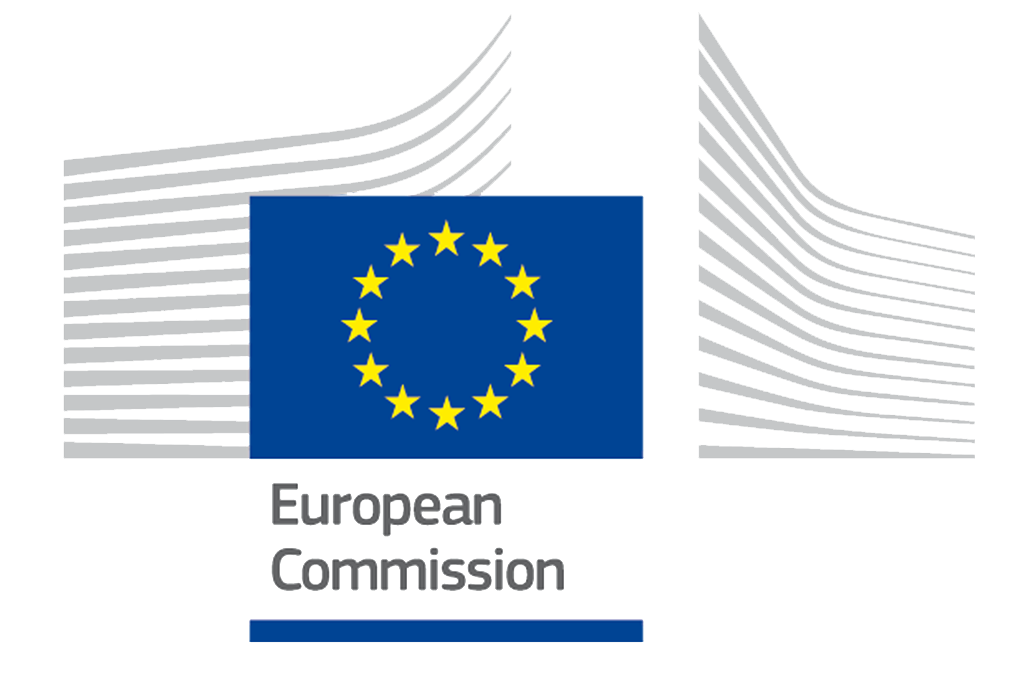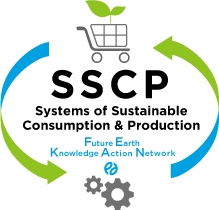Overview
Adding value through sustainable food sharing communities
Overview & Aims
With planetary urbanization fast approaching there is growing clarity regarding the un-sustainability of cities, not least with respect to food consumption. Sharing, including food sharing, is increasingly being identified as one transformative mechanism for sustainable cities: reducing consumption; conserving resources, preventing waste and providing new forms of socio-economic relations. However, such claims currently rest on thin conceptual and empirical foundations.
SHARECITY will establish the significance and potential of food sharing economies to transform cities towards more sustainable pathways by:
- Developing deeper theoretical understanding of contemporary food sharing
- Generating comparative international empirical data about food sharing activities within cities
- Assessing the impact of food sharing activities
- Exploring how food sharing in cities might evolve in the future
Conducting such frontier science SHARECITY will open new research horizons to substantively improve understanding of how, why and to what end people share food within cities in the 21st Century.
Food sharing economies: Foundation building & framework development
The building blocks of SHARECITY were created in 2016 when the team of researchers came together to review key concepts, existing theoretical approaches and research methodologies relating to food sharing. By exploring food sharing activities in 100 cities from around the world a framework was developed for identifying and categorising the practice.
This initial phase led to the development of the SHARECITY100 Database, an open access and interactive database that presents key variables for the analysis of more than 4000 initiatives across 100 cities in 44 countries and 6 continents. For more information about using and licensing the SHARECITY100 Database check out our blog post. Our Briefing Note #1: SHARECITY100: Food Sharing in 100 Cities around the world presents some of the high level findings from analysis of the database. Please check out our publications page to stay up to date with our research outputs.
In-depth investigation of food sharing economies
In order to examine in detail the workings of food sharing initiative and probe conceptual propositions developed in the framework and database SHARECITY researchers spent a number of months collecting data and working with food sharing initiatives in nine diverse cities: Dublin, Melbourne, Berlin, Singapore, Barcelona, San Francisco, New York, Athens and London
City Profiles derived from the SHARECITY100 Database and literature and policy reviews have been developed. See more of our published research on our publications page.
Developing the SHARE IT Assessment Tool
In 2020, SHARECITY released an online Sustainability Assessment Tool titled “SHARE IT”. SHARE IT is a free toolkit which will helps food sharing initiatives estimate, communicate, and improve their sustainability impacts. SHARE IT supports food sharing initiatives to communicate these impacts by generating a tailored sustainability impact report for these initiatives. See below for a video on SHARE IT!
The future of food sharing in cities
The final phase of SHARECITY, in 2020 and 2021, will consider the future of food sharing in cities. This work will analyse emerging trends, and explore the future challenges and opportunities for ICT mediated food sharing in urban environments.
SHARECITY will employ methodologies of futuring and horizon scanning methods in order to explore emerging trends around ICT facilitated food sharing in urban contexts. SHARECITY will explore what potential challenges and opportunities exist for the future of food sharing.
SHARECITY is funded by the European Research Council (ERC) under the European Union’s Horizon 2020 research and innovation programme (Grant Agreement No. 646883). SHARECITY is also an affiliated project of the Systems of Sustainable Consumption and Production Knowledge Action Network (SSCP KAN) of Future Earth. Further details of the SSCP KAN can be found here: http://www.futureearth.org/future-earth-sscp
© 2015 - 2025 ShareCity | Web Design Agency Webbiz.ie










